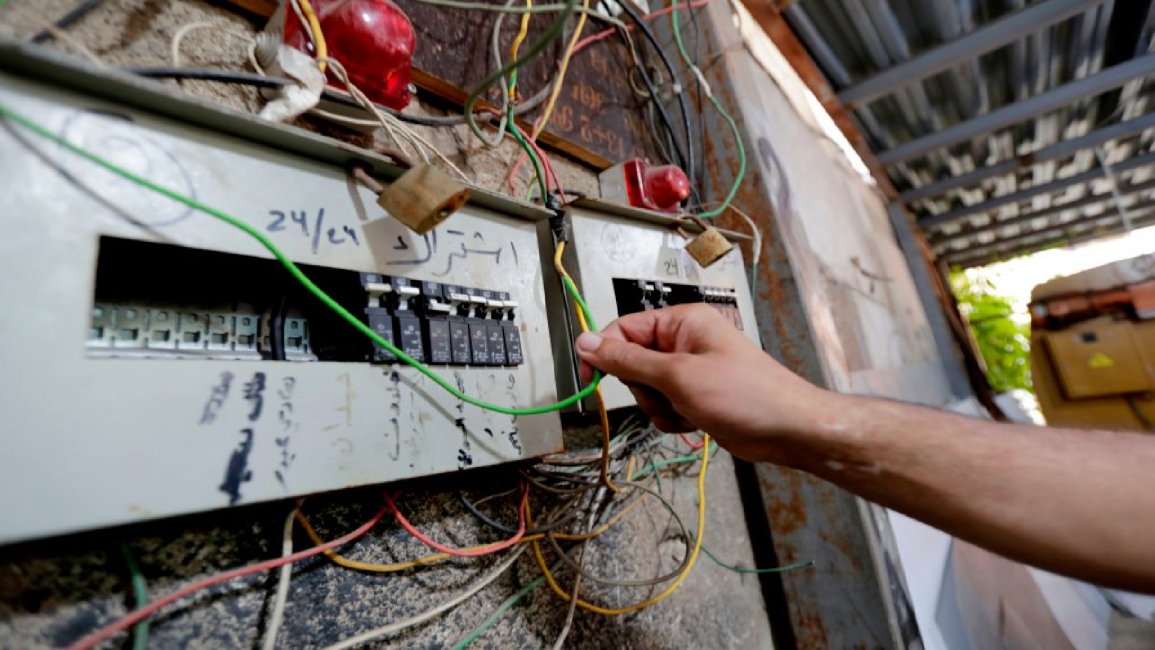Lebanon president agrees to 'emergency' fund for fuel imports, avoiding national blackout
Lebanon President Michel Aoun approved an emergency fund Monday to purchase much needed fuel in order to prevent a complete blackout in the country, as the electricity crisis worsens amid a crippling economic crisis.
Aoun agreed to obtain the "exceptional" $200 million for the state-run EDL electricity company in order to keep powerplants functioning, albeit temporarily.
The money would be taken from the central bank’s already dwindling dollar reserves.
The parliament had allowed for that money to be allocated to import fuel in an urgent bill passed late April, but was later blocked by the constitutional council after the law was appealed.
Lebanon’s caretaker Energy Minister Raymond Ghajar warned that the problem will arise again in a couple of months with increasing summer temperatures, and that Monday's decision was nothing more than a temporary fix.
He blamed the problem on national financial issues and the central bank allocating the money, denying the energy ministry was responsible for the harsh power rationing.
The central bank has repeatedly warned that it cannot continue to subsidise essentials such as fuel, as reserves - depositors money - dry out.
Power cuts have been common in Lebanon ever since the end of the 1975-1990 civil war, forcing Lebanese to pay a second power bill to diesel run private generators for three to 12 hours each day during the outages, depending on the region.
The crumbling electricity sector has been blamed on decades of rampant corruption and mismanagement.
It has cost the government nearly $50 billion in reserves from the central bank since the 90s, or nearly half of Lebanon’s sovereign debt, as no permanent solution has ever been put in place.



